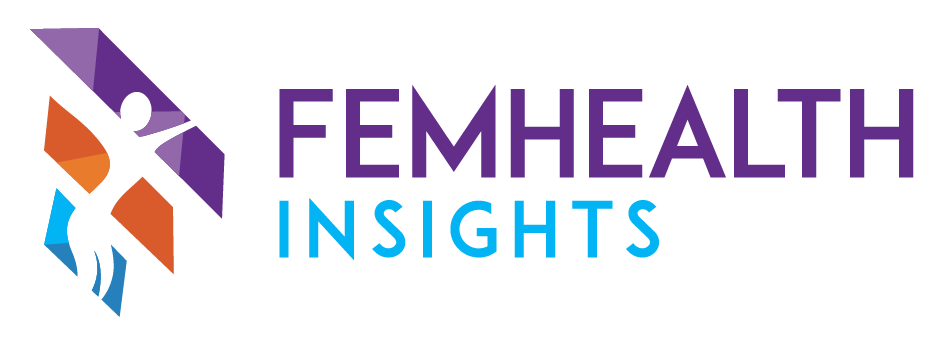From Data to Action: How InsideTracker Transformed My Health and Lifestyle
Written by Dr. Brittany Barreto, Founder & CEO, FemHealth Insights
As a biotech entrepreneur deeply embedded in women’s health technology, I've always been intrigued by the potential of personalized medicine. Recently, I explored this potential firsthand by using InsideTracker, a service that analyzes blood biomarkers alongside wellness data to offer personalized health insights. This experience not only enlightened me about my own health but also reaffirmed my belief in the transformative power of at-home health testing.
The concept of at-home health testing has revolutionized our approach to healthcare, providing the tools to take control of our own health decisions. InsideTracker stands out by integrating blood tests, DNA data, and lifestyle factors to craft a tailored wellness plan for each user. I decided to put this to the test, hoping to gain a clearer picture of my health and potentially improve it.
My journey with InsideTracker began with a simple and convenient blood draw at my home. The analysis of this sample would provide a snapshot of several health indicators critical to understanding and optimizing my health. When the results came in, they were revealing. Although my biological age was 25.3 which is 7.3 years lower than my chronological age. But alarmingly my cortisol levels were notably high, my vitamin D levels were extremely low, and my lymphocyte percentage suggested potential issues with my immune system. These insights were eye-opening and a bit daunting.
Figure 1: Results indicated I was part of the 3% of females ages 31-33 who have Cortisol between 26.4-29.5 ug/dL.
Figure 2: The results indicated that I was among the 5% of females ages 31-33 with a Lymphocyte percentage between 47-50.9%.
Figure 3: The results indicated that I was among the 10% of females ages 31-33 with Vitamin D between 11-22 ng/mL.
Motivated by these findings, I realized it was time to make some serious lifestyle changes. I started with addressing my vitamin D deficiency, something that had been flagged by doctors before but I hadn’t taken seriously enough. Interestingly enough, at the time of these results I had also learned that my Evvy test shows my vaginal microbiome was dysregulated which can be caused by low Vitamin D. Recognizing the broader implications for my heart health and immune function, I began taking a high-dose vitamin D supplement daily.
My elevated cortisol and lymphocyte levels were clear indicators of excessive stress. This wasn’t just a wake-up call; it was a red alarm. Reflecting on my lifestyle, I acknowledged the need for a better work-life balance. The start-up world is exhilarating but has led me to work non-stop. While trying to finish writing my book on FemTech I found myself working seven days a week. I took immediate steps to change this by dedicating weekends to rest and signing up for a yoga retreat, which has become a sanctuary for my mental and physical well-being. These changes have profoundly improved my sense of health and happiness.
What makes InsideTracker so impactful is its ability to turn abstract health data into a concrete, actionable plan tailored just for me. The personalized insights I received prompted significant behavioral changes that I might not have considered otherwise. This experience has not only improved my health but also strengthened my commitment to promoting personalized health solutions in the tech space.
The journey towards optimal health is ongoing, but armed with data and insights from InsideTracker, I feel more empowered than ever to take control of my health. This technology exemplifies the future of personalized medicine—a future where each of us can make informed decisions to enhance our health based on our unique biological blueprint.
About the Author:
Dr. Brittany Barreto, Ph.D., is Founder and Chief Innovation Officer at FemHealth Insights. Every day, Brittany dedicates her work to advancing women’s health innovation by equipping key stakeholders with data-driven insights and strategic advice on the FemHealth market. She is also host of the FemTech Focus Podcast - the number 1 femtech podcast globally.


![Cover image of the FemHealth Insights [report/article] on femtech trends, highlighting key market intelligence and growth opportunities in the women's health technology sector.](https://images.squarespace-cdn.com/content/v1/64fc7ba686bb365deb15679f/a01af252-c1d7-43e5-bb4a-5be2c54c3667/Brit+image.png)





